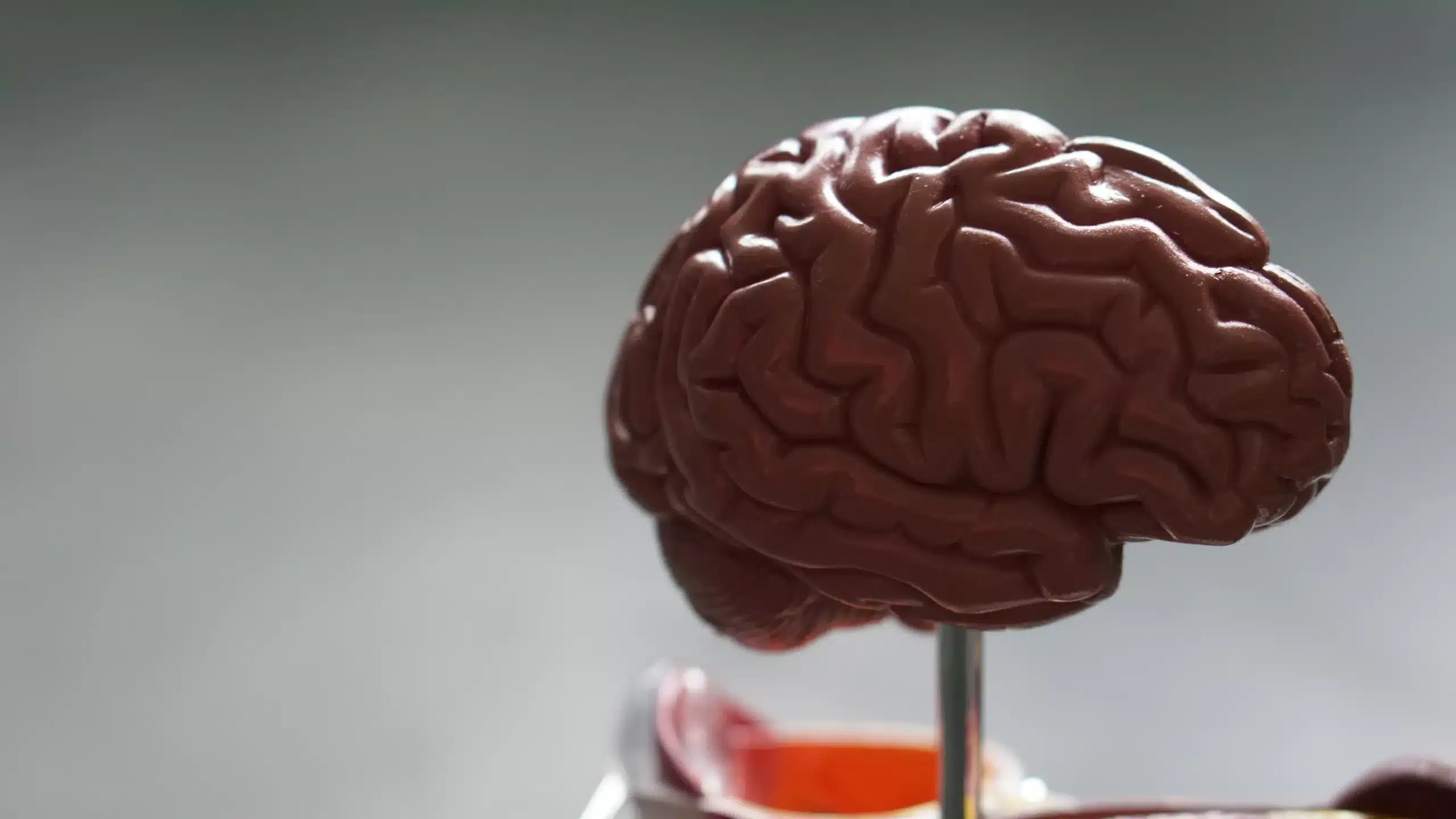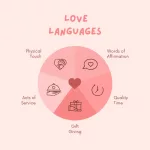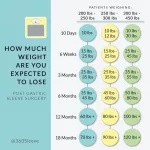Hey there! If you’ve ever scrolled through social media and stumbled on a headline that promised a miracle “brain‑boosting” pill or a mysterious study proving that a certain chemical can supercharge your mind, you’re not alone. The phrase brain effects claim has become a buzzword that spreads faster than a meme, and many of us wonder: Is there any truth behind it, or is it just clever marketing? In the next few minutes, I’m going to walk you through where this claim came from, what it actually says, what solid science tells us, and how you can spot the next viral claim before it steals your attention (or your wallet).
Why the claim surged
Everything started with a single viral post on a health‑focused forum in early 2024. The author slapped a sensational headline on a blurry screenshot that read, “New study shows methylene blue can double your memory capacity!” The post quickly spread across Facebook groups, Twitter threads, and even a few YouTube videos.
What made it so irresistible? Two things:
- Appeal to curiosity. Who doesn’t want a shortcut to a sharper mind?
- A “study” link. The post claimed to back the claim with a peer‑reviewed paper, and even showed a snippet of a CDC slide that allegedly confirmed the findings.
Unfortunately, the cited research doesn’t actually exist. The authors of the original article later admitted the study was never published, and the CDC slide was taken out of context. This kind of misinformation thrives on the fact that most readers don’t have the time (or the tools) to verify every hyperlink.
What the claim says
Let’s break down the promises that usually accompany the brain effects claim:
- Improved short‑term memory and recall.
- Enhanced focus and concentration for up to 12 hours.
- “Neuro‑protective” properties that allegedly guard against age‑related decline.
- Reduced “brain fog” after taking a single dose.
Often, these benefits are paired with a warning about “vaccine preservative risks,” suggesting that the same substance is safe for brain enhancement but dangerous when used as a vaccine additive. That’s a classic red‑herring; the chemistry and exposure routes are completely different. If you want the details, check out the discussion on vaccine preservative risks.
Below is a quick side‑by‑side look at the claimed benefits versus what research actually supports.
| Claimed Benefit | Scientific Evidence |
|---|---|
| Double memory capacity | No peer‑reviewed trial demonstrates a 100% increase. Small lab studies on methylene blue show modest improvement in very specific tasks, but not a “doubling.” |
| 12‑hour focus boost | Placebo‑controlled studies on similar compounds show <10% improvement in sustained attention for a few hours, not 12. |
| Neuro‑protection against aging | Animal models hint at antioxidant effects, but human data are inconclusive and limited to low‑dose regimens. |
| Eliminate brain fog | Anecdotal reports exist, yet no randomized controlled trial confirms this effect. |
Science behind the claim
So, what does solid science actually say about methylene blue and other “brain boosters?” The most reputable source is a 2024 review published in Nature Medicine. According to the review, methylene blue at low doses (<5 mg) may improve mitochondrial function, which could translate to tiny cognitive gains in certain patient groups, but the effect is far from the blockbuster claims seen online. A study also warned about potential side effects like nausea and interactions with antidepressants.
Another piece of research that’s often mis‑quoted is a 2015 fMRI experiment on a 60 Hz magnetic field. The study found subtle changes in brain activation patterns after exposure, but it examined a very specific stimulus (magnetic fields) and didn’t involve any chemical supplement. The authors stressed that the findings did not imply any health benefit, let alone a memory boost. The takeaway? Even sophisticated brain‑imaging studies can be cherry‑picked to fit a narrative.
When you look at the body of evidence, a pattern emerges:
- Most studies are small, short‑term, and funded by parties with a commercial interest.
- Large, independent trials (the gold standard) are scarce or non‑existent.
- Safety profiles are generally good at very low doses, but higher doses can cause headaches, nausea, or serotonin syndrome.
CDC slide and study
The viral post also included an image of a CDC slide that supposedly “proved” the brain benefits. In reality, the slide was part of a larger presentation about vaccine safety and referenced a CDC vaccine study on immunization schedules—not cognitive enhancement.
When CDC staff later clarified, they said the slide had been taken out of context and that no CDC data support the brain effects claim. The original document discussed the low risk of preservatives in vaccines, which is why the claim was tangled with “vaccine preservative risks.” By binding unrelated topics together, the misinformation gained a veneer of authority.
Here’s a brief checklist of what to look for when you see a CDC slide in a health post:
- Is the slide part of a larger PDF? Download the whole file and read the surrounding slides.
- Does the caption match the content, or has it been edited?
- Are there any footnotes or references that point to peer‑reviewed journals?
Evaluating future headlines
Thinking you’ll never fall for another sensational claim again? Great! Let’s arm you with a simple, friendly checklist you can use next time you see a bold statement about “brain‑boosting” or “neuro‑protection.”
- Check the source. Is the study published in a reputable journal (e.g., Nature, JAMA)? Look for a DOI or PubMed ID.
- Identify the authors. Are they affiliated with a university or are they from a company that sells the product?
- Sample size matters. Small studies (<30 participants) can produce exaggerated effects.
- Control groups. Did the research include a placebo or an active comparator?
- Funding disclosures. Industry‑funded research isn’t automatically false, but you should weigh it carefully.
- Look for the whole picture. If a CDC slide is quoted, read the full report; if a “study” link is shared, verify that the URL leads to a real paper, not a PDF of a PowerPoint.
When I first encountered the brain effects claim, I was tempted to click “Buy Now.” Instead, I paused, applied the checklist, and realized the claim fell apart at the first step: there was no real study. That tiny moment of skepticism saved me a few hundred dollars and a lot of confusion.
Balancing hype and caution
Now, I’m not here to tell you that your brain can’t be improved at all. Decades of research show that lifestyle factors—regular sleep, aerobic exercise, a balanced diet rich in omega‑3 fatty acids, and mental challenges—are the real, proven ways to keep your mind sharp.
That said, the allure of a pill that promises instant results is understandable. We all want a shortcut, especially when life gets busy and brain fog feels like a permanent guest. The key is to balance curiosity with caution:
- Start with the basics. Prioritize sleep hygiene (7‑9 hours), stay hydrated, and limit multitasking.
- Try evidence‑based supplements. If you’re interested in nootropics, look for ingredients with FDA‑approved status and robust safety data (e.g., caffeine, L‑theanine).
- Consult a professional. A neurologist or a registered dietitian can help you navigate the sea of products and prevent potential drug interactions.
- Stay skeptical, stay informed. When you hear something that sounds too good to be true, ask for the original data. You’ll be surprised how often the answer is “no data.”
Remember, the brain is adaptable—thanks to neuroplasticity—but that adaptability works best when we give it real, consistent input, not a one‑time chemical boost.
Conclusion
In short, the brain effects claim that’s been flooding your feeds is built on a nonexistent study, a mis‑used CDC meeting slide, and a cloud of unrelated “vaccine preservative risks.” The science does not support the dramatic memory or focus improvements that marketing copy promises. Real, lasting brain health comes from proven habits and, when appropriate, cautiously chosen supplements under professional guidance.
If you ever stumble on another headline that promises a miracle, remember the checklist we built together, and give yourself a moment to dig a little deeper. Your brain—and your wallet—will thank you.























Leave a Reply
You must be logged in to post a comment.